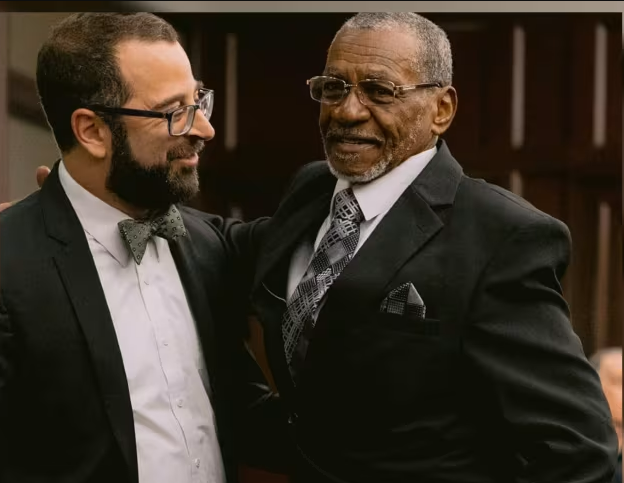Florida Man Exonerated After 44 Years
Willie Williams' 1976 conviction of murder & robbery obtained with unreliable evidence not disclosed to defense

A man who spent 44 years behind bars for multiple crimes he was wrongfully convicted of in the 1970s is now free because of an investigation that led to the discovery of withheld evidence that triggered his vindication. Willie Williams was convicted and sentenced to life in prison in 1976 for attempted murder and the robbery of two people at a Jacksonville produce store in 1975.
At age 79, Williams was released from prison in June 2020 on parole under lifetime supervision with the risk of returning to prison. The Innocence Project of Florida (IPF) stepped in and worked to vacate his judgment and sentence.
Williams’ conviction was obtained with the use of evidence that was not disclosed to the defense and was not reliable, even in 1975, according to Innocence Project of Florida. During the Conviction Integrity Review investigation, investigators learned that the witness who identified Williams as the shooter in the photo line-up “forgot his face.” It wasn’t until the witness was hypnotized, a method the Innocence Project of Florida said is scientifically unreliable, that they identified Williams. Law enforcement and prosecutors never told the defense about the hypnosis. During the trial, the IPF said the state rested its case solely on the witnesses’ identification of Williams, and in the closing argument, the prosecutors said to the jury that it “should believe this identification because the victim would never forget the shooter’s face.”
“It wasn’t disclosed until the State Attorney’s Office in the Fourth Circuit here recently, earlier this year, found out that information from their file, realized that that had not been disclosed, realize the implication of that disclosed it to Mr. Williams, and that is a violation of constitutional violation under Brady versus Maryland, where the state had an obligation to disclose that back in 1975,” said Brandon Scheck, legal director for the Innocence Project of Florida.
The state concluded that the undisclosed evidence that was not presented to the defense would have ultimately led to Williams’ acquittal in the trial, and the State Attorney’s Office dropped all his charges Wednesday after a short hearing.
“It has been more than 48 years since I was originally arrested for this crime. I always knew that I was not the shooter but I didn’t have the evidence to properly defend myself,” Williams said speaking about his wrongful conviction. “I am so grateful to the State Attorney’s Office for diligently reviewing my case and discovering the key evidence to show that I was wrongfully convicted. I also want to thank the Innocence Project of Florida for helping me resolve my case. I am so thankful that I can finally put this injustice behind me and move on with my life.”
You can read more about Willie Williams' pursuit of justice and exoneration through the press release from the Innocence Project of Florida.










